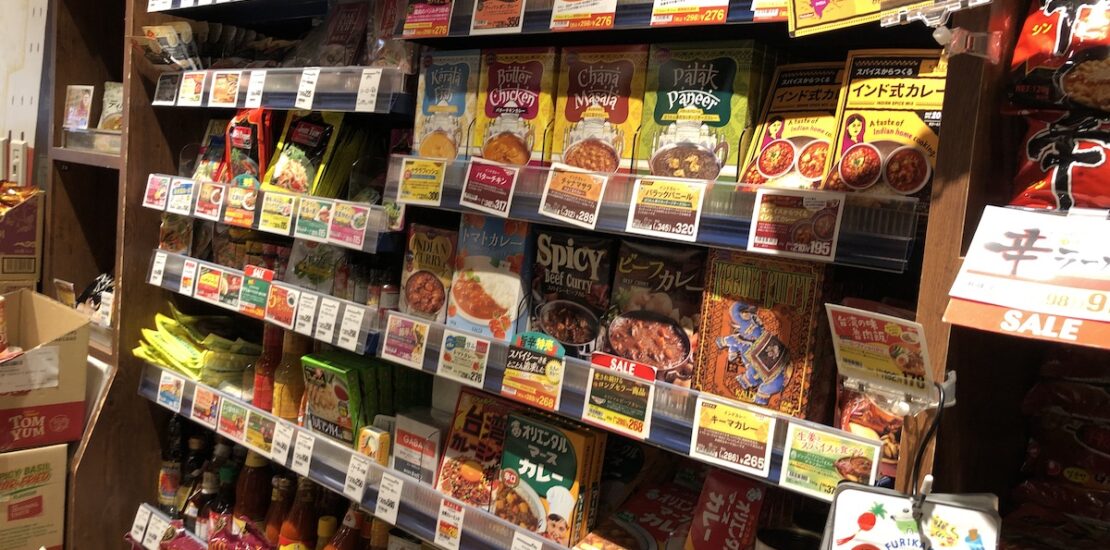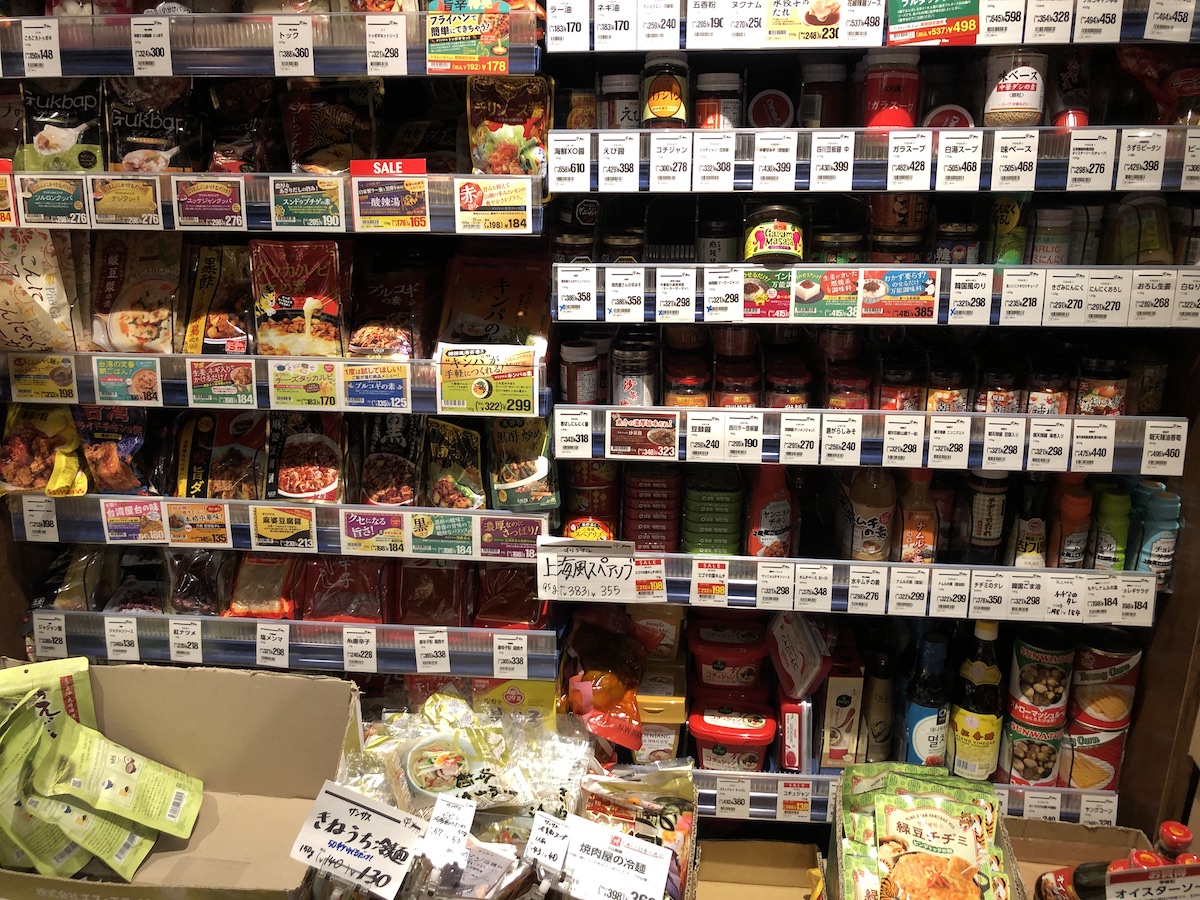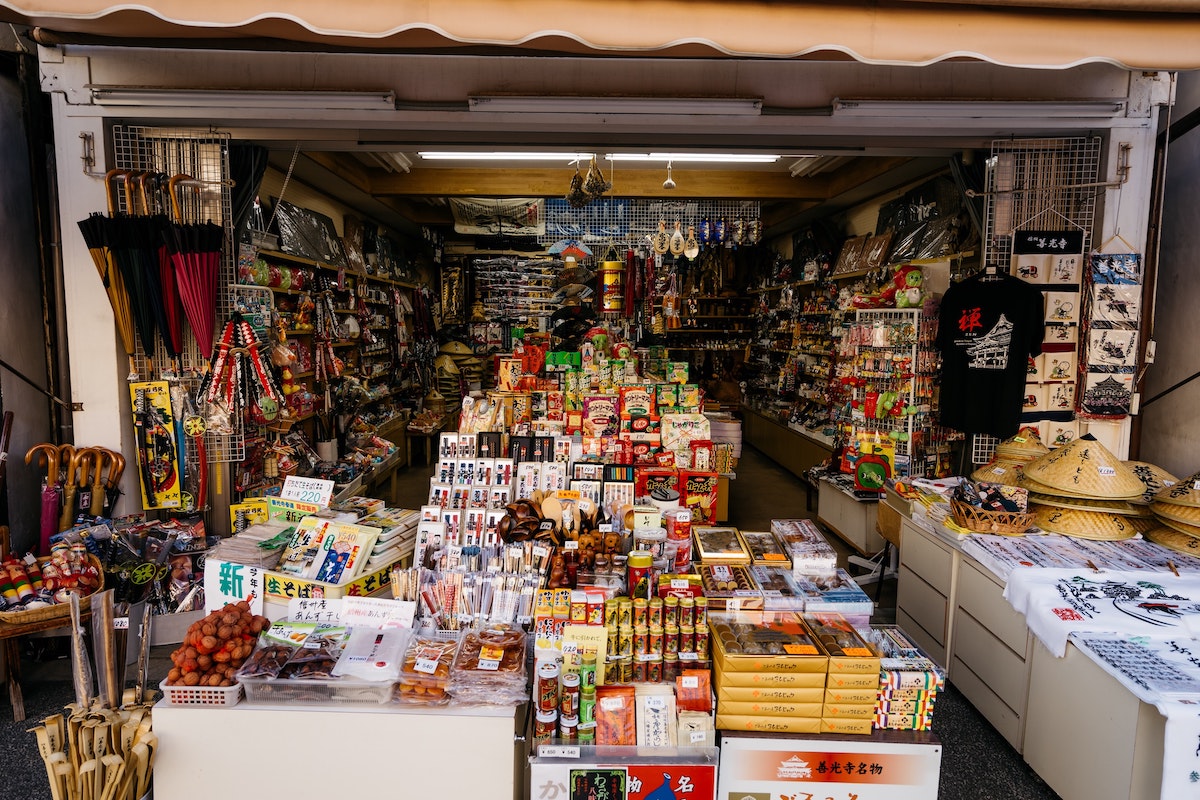Craving for something from your home country and wondering if you can get your hands on the ingredients while living in Tokyo? Read on to discover some of the locations offering international food.

Japan is steadily becoming a second home for many foreigners. In 2019, there were about 2.93 million foreign residents in the country, making up about 2.3 percent of the population. While 98 percent are still Japanese, you have Filipino, Vietnamese and Brazilian nationalities making up one percent, while the Chinese and Korean residents make up the remaining percentage. With that said, you might be missing a taste of home, and even the closest substitute ingredients in Japan can’t hit the right spot.
Online marketplaces for Filipino food
For Filipinos, there are online sellers on Facebook that specialize in importing popular Philippine products like instant noodles, seasonings, condiments, snacks, even balut or fertilized duck egg. The sellers are often friendly and offer prices at a steal. You only need to pay for shipping, and the items get delivered to your doorstep.
If you wish to check out the items personally, head over to the nearest Mega Donki store and go to the international food section. You can find items like toyo, suka, Chippy, and even pancit canton in the Philippines section.

Major supermarkets offer Vietnamese products
Supermarkets like Life and Aeon have a great selection of fish sauce, dried fruits, shrimp noodles, and fruits that are a staple in Vietnam. Furthermore, if you live in a community with a growing Vietnamese population, chances are, you will find a pop-up store on the ground floor of an apartment or secluded in one corner of a street that offer a variety of hard-to-find, truly authentic ingredients you can find back home.
Check out Kaldi for more options
We’ve personally grown to love Kaldi for its “little bit of everything” approach to international food. You can find Asian ingredients, European wine, Mexican snacks, and so much more at Kaldi. They have teas, juices, nuts, hummus, baking goods, spices, alcoholic beverages, snacks, and of course, coffee beans from all over the world.
Kaldi recently introduced a membership card, so shopping there has become even more alluring. You also can’t deny the groovy shopping bags they offer. When we got an inkling for mint Granita (Italian shaved ice), we knew that Kaldi would not let us down in having the crucial mint syrup.

Build your preferred store list
Having an Italian chef for a husband, food has become a treasure hunt for our family. We ended up with Seijo Ishii for cold cuts like prosciutto and salami and expensive wine, YaMaYa for pasta because they sell the cheapest De Cecco we’ve spotted so far, and Kaldi for cheap wine, random Italian snacks, and beans for espresso.
Then we have Eataly, with its vast lineup of high-quality Italian ingredients from gelato to pesto, plus a restaurant where you can taste those ingredients come to life. The brand also has an online store you can patronize for added convenience.
If you are staying in Tokyo for a longer term, you can build your grocery store repertoire by searching for your preferred brands and going for the most cost-effective option. It might be a hassle, but it’s not that bad if you schedule a big grocery day twice a month.

Buy in bulk at Costco
Lastly, there’s Costco in Machida for your international food necessities purchased in bulk. Whether it’s Kirkland’s cheese pizza or Jack Daniel’s whiskey, you can never leave this massive store empty-handed. Of course, there’s the famous Costco Seasoned Rotisserie Chicken which is worth a trip on its own.
At Costco, you have many food options from international brands. The warehouse offers frozen and fresh deals, plus loads of snacks, sweets, and junk food for your munchies. Make sure you grab a membership first to enjoy shopping at this popular venue.

Other noteworthy shops to try
You might also be interested in giving these other stores a try. Kinokuniya, with its multiple branches across Tokyo, is known for its wide selection of fresh produce and excellent customer service. Meanwhile, Nissin World Delicatessen in Minato has staff that speaks English, so you can easily ask for a particular ingredient you’re searching for. Here, you can find meats, fresh produce, frozen deli items, cheese, pasta, snacks, and more. The shop also offers halal food.
In line with Halal food, you can try Nasco Halal, which has multiple branches in Tokyo and an online shop, too. They offer Muslim ingredients from India, Pakistan, Bangladesh, Nepal, and other Asian and African countries. If you’re searching for Iranian food, in particular, there’s Darvish at Chuo, where you can meet Uncle Hasan, who’s been importing ingredients since 2009.

Thanks to the increasing number of foreigners migrating to Japan and settling down in the country, their small communities built within the Japanese community have created a demand for products from their home countries. And with the rise in demand, a niche that requires filling is formed. From small import shops to large supermarket chains with their designated international food aisles, you can now satisfy your back-home cravings without booking a flight.



